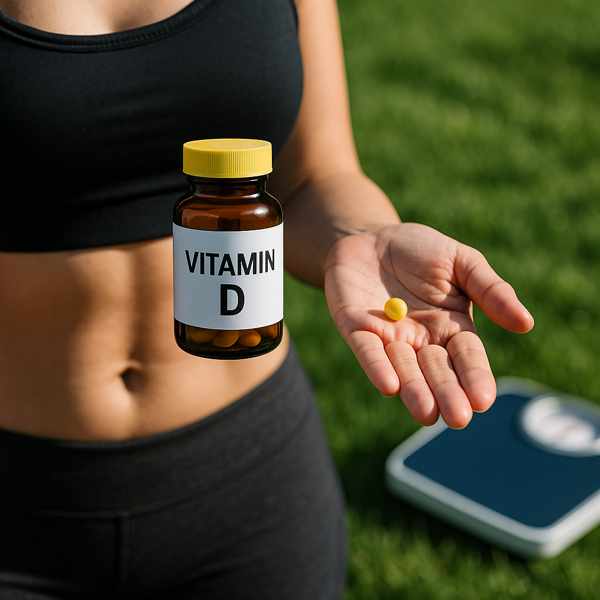Does Vitamin D Help with Weight Loss?
Does Vitamin D Help with Weight Loss?
Blog Article

With growing interest in natural ways to support fat loss, vitamin D has become a popular topic of research and conversation.
Let’s explore the science, potential benefits, and how vitamin D may — or may not — affect your weight loss journey.
What Is Vitamin D?
Vitamin D is a fat-soluble vitamin that the body produces when the skin is exposed to sunlight.
It helps with:
- Calcium absorption
- Helps defend against infections
- Mood balance and brain health
- Muscle function and energy
Is There a Connection Between Vitamin D and Weight?
Several studies have found links between low vitamin D levels and higher body weight.
Some website research suggests:
- It could help regulate how the body stores fat
- Chronic inflammation is tied to weight gain
- Improved mood and energy may boost activity levels
- Supports insulin sensitivity
What Experts Have Found
- A study in 2014 found that overweight women who took vitamin D lost more fat than those who didn’t supplement.
- Another review showed vitamin D helped improve metabolic markers related to weight control.
- Some trials show no major impact on weight loss unless deficiency was corrected first.
While promising, the evidence is not yet strong enough to say vitamin D alone causes weight loss.
When Vitamin D Can Help with Fat Loss
People most likely to benefit from vitamin D supplementation include:
- Get your blood levels tested first
- Vitamin D may support improved hormone function
- Improved mood can lead to better lifestyle habits
- Anyone on a weight loss program lacking sun exposure
Supplementing Safely and Effectively
Ways to get more vitamin D:
- 15–20 minutes of sun per day without sunscreen
- Include vitamin D-rich options in your diet
- Vitamin D3 supplements
Tips:
- Don’t overdo it
- Especially if you take other medications
- These nutrients work together for full benefits
Does Vitamin D Alone Cause Weight Loss?
It may support fat loss indirectly, but it works best when combined with healthy habits.
For best results:
- Focus on whole foods and nutrients
- Exercise improves fat metabolism and energy levels
- Sleep affects hormones that regulate appetite
- Reduce stress
Final Thoughts
Vitamin D may not melt fat overnight, but it plays a complementary role in a successful weight loss strategy.
As always, talk to your healthcare provider before starting new supplements. Report this page